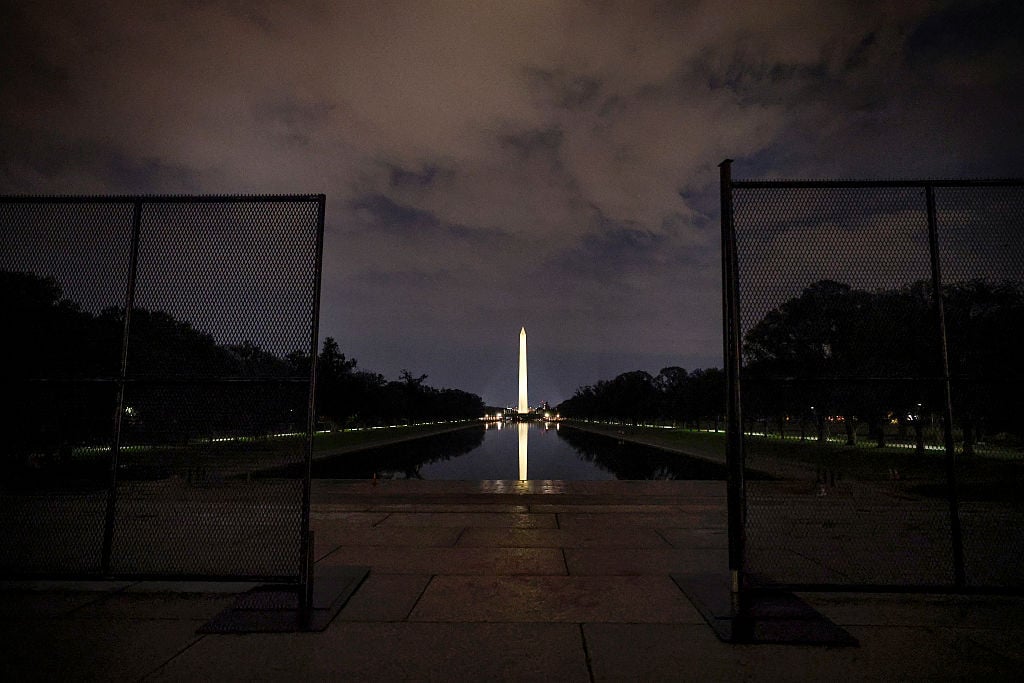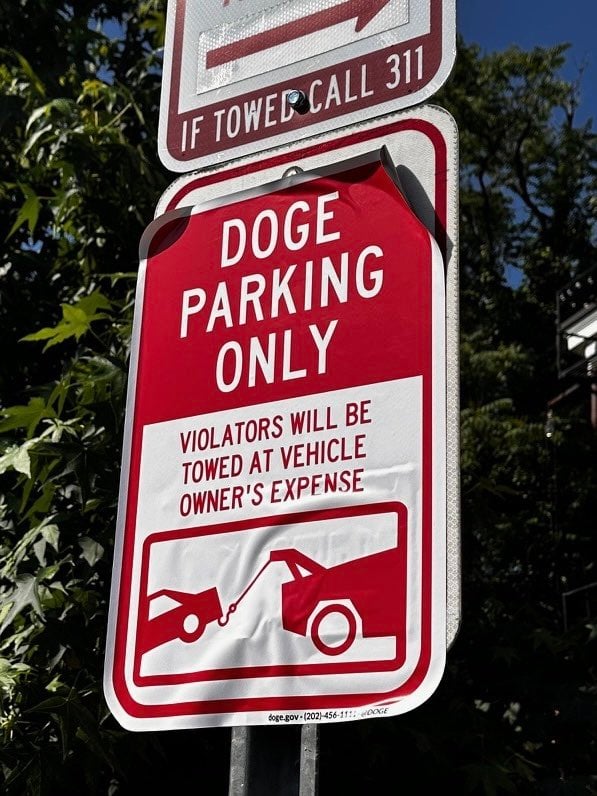Metro’s rail service would close at 11:30 PM on weeknights, 1 AM on Friday and Saturday nights, and 11 PM on Sundays under a proposal the transit agency’s leadership plans to endorse at a board meeting this week. The cut in operating hours could be adopted as a way to give Metro’s maintenance crews more available hours to complete necessary repairs and upgrades to the 40-year-old system.
The changes would be made permanent effective next July 1. The Washington Metropolitan Area Transit Authority “temporarily” cut weekend late-night service in May as its SafeTrack rebuilding initiative got underway. But still looking to make more hours available for crews to repair the aging system, Metro General Manager Paul Wiedefeld suggested the late-night cuts could be made permanent.
In September, Metro’s board and staff offered four proposals for altering the operating hours, including one that would have preserved after-midnight service on Fridays and Saturdays, but with a tradeoff that would’ve had the system not opening on Sundays until noon. “Proposal 3,” the plan that will be offered on Thursday, would open Sundays at 7 am and received a 45 percent plurality in a survey the transit agency conducted over the past two months. The plan was also the favorite of low-income and minority riders who stand to be the most impacted by service cuts.
Still, the fact that Metro is honoring the results of the popular vote is only a slim silver lining in another pile of bad news. While the agency also proposes adding buses to offset the cuts to late-night rail service, 88 percent of people who answered the survey said buses would not be their primary alternative, and one-third said they would “never” consider taking the bus. Permanent cuts to late-night train service are almost certain to be a boon to ride-hailing companies like Uber and Lyft, with 44 percent of people saying they would opt for one of those services or taxis; while 22 percent said they would just not go out at all. The system’s ridership has already fallen below its 2009 levels, and this proposal would compound those losses with another 8,120 impacted riders every day.
On top of more impending drops in ridership, Metro’s financial prognosis remains as bleak as ever. Another report scheduled to be submitted to the WMATA board’s finance committee reads that the system needs at least $25 billion in “unconstrained capital” to afford all the repairs and other projects it has planned over the next decade. Facing a $275 million shortfall in the 2017 fiscal year, Wiedefeld last month suggested modest increases in bus and rail fares, but Jack Evans, the WMATA board’s chairman, has vowed to oppose any fare hikes.


















